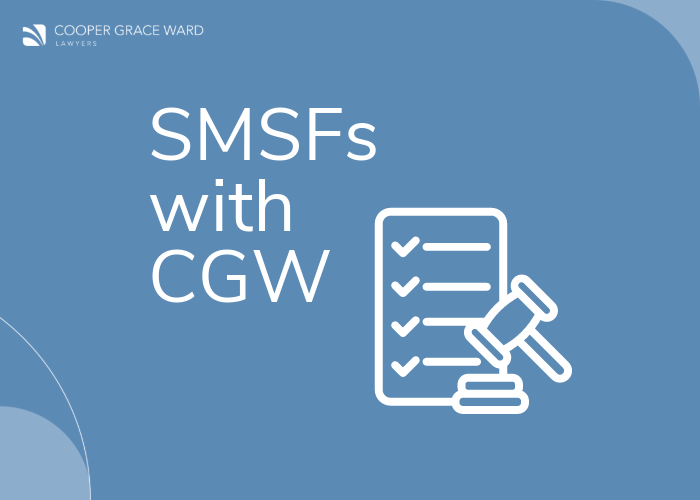With the consequences of COVID-19 becoming increasingly pronounced, listed entities need to ensure they manage disclosure obligations by alerting the ASX of material information arising from the pandemic.
Continuous disclosure
ASX Listing Rule 3.1 provides that once a listed entity is, or becomes, aware of any information concerning it that a reasonable person would expect to have a material effect on the price or value of the entity’s securities, the entity must immediately notify the ASX.
A reasonable person is considered to expect information to have a material effect on the entity’s securities if the information would, or would be likely to, influence persons who commonly invest in securities in deciding whether to acquire or dispose of the securities.
A breach of this Listing Rule can lead to significant fines for the entity. Additionally, individuals involved in an entity’s contravention may be subject to imprisonment or fines.
Disclosure is not necessary in the following circumstances:
- one or more of the following five situations applies:
(a) it would be a breach of a law to disclose the information
(b) the information concerns an incomplete proposal or negotiation
(c) the information comprises matters of supposition or is insufficiently definite to warrant disclosure
(d) the information is generated for the internal management purposes of the entity
(e) the information is a trade secret, and - the information is confidential and the ASX has not formed an alternate conclusion, and
- a reasonable person would not expect the information to be disclosed.
Determining whether disclosure is necessary involves striking the appropriate balance between the likely material effect of the information on the entity’s securities, and, conversely, whether disclosure would be inappropriate or premature at that point in time. The already complex act of reaching this balance has become increasingly difficult due to the tumult of COVID-19.
ASX guidance
The ASX has issued an update to assist listed entities to navigate the challenges posed by the pandemic. This guidance highlights that an entity’s continuous disclosure obligations do not extend to predicting the unpredictable and emphasises the exceptions from disclosures of information that comprises matters of supposition or is insufficiently definite to warrant disclosure. Listed entities have also been advised against making forward-looking statements to the market unless they have a clear and reasonable basis for doing so.
We have provided a summary of the practical guidance offered by the ASX as follows:
- Entities are strongly encouraged to review any earnings guidance that was issued before the pandemic and either make updates, or, given the uncertainty of the current situation, withdraw the guidance. In Guidance Note 8, the ASX recommends entities apply a materiality threshold of 10% (i.e. a 10% variance between the now expected earnings and the published guidance) to determine whether disclosure will be necessary. It is recommended that entities in the ASX 300, or that normally have very stable or predictable earnings, should instead apply a materiality threshold closer to 5% than to 10%.
- Where an entity makes an operational decision that is likely to have a material effect on the price or value of its securities, that decision should immediately be announced to the market. Decisions requiring disclosure as a consequence of COVID-19 may include those relating to standing down employees or closing or suspending operations or facilities.
- Capital raising needs to be announced to the market as soon as a decision is made to raise the capital pursuant to Listing Rule 3.10.3. Entities looking to raise funds to combat COVID-19 impacts will need to ensure they comply with this requirement.
- Listed entities in financial difficulty are not exempt from complying with the compulsory disclosure obligations. Listed entities need to ensure they disclose any information about the financial condition or prospects of the entity that a reasonable person would expect to materially affect the price or value of its securities, unless one of the above exceptions apply. For example, a decision to appoint an administrator or the occurrence of an event of default leading to insolvency would need to be immediately disclosed.
- If an entity makes a decision not to pay a dividend or distribution on a security in respect of a period and it has previously announced an intention to pay a dividend or distribution for that period, or paid a dividend or distribution in respect of the prior corresponding period, the entity must immediately notify the ASX. Likewise, if an entity cancels a dividend that it has already determined to pay, an announcement should be made to the market.
- Entities should consider whether a trading halt or voluntary suspension is appropriate in circumstances where the entity becomes obligated to give market sensitive information to the ASX but is not in a position to formulate an immediate release.
What next
While entities are not expected to fortune-tell, the obligation to disclose material information still remains. Listed entities are advised to cautiously monitor changes caused by the pandemic and ensure appropriate disclosure is provided and updated as necessary. Listed entities that have provided pre-pandemic guidance must be particularly vigilant. We encourage entities to carefully weigh up whether an exception to Listing Rule 3.1 applies, and to have particular regard to whether the information concerns matters of supposition or is insufficiently definite to warrant disclosure.






